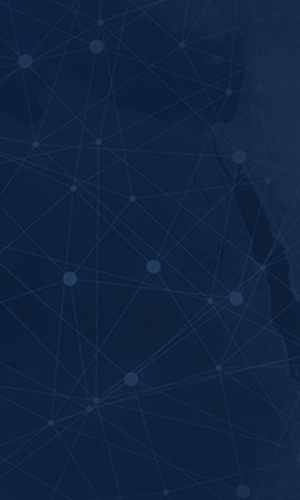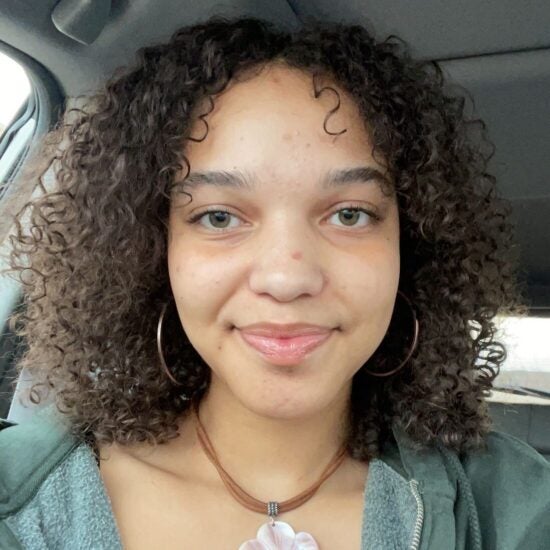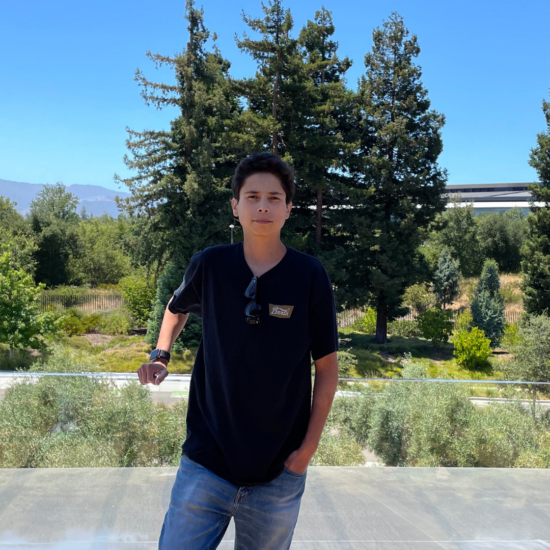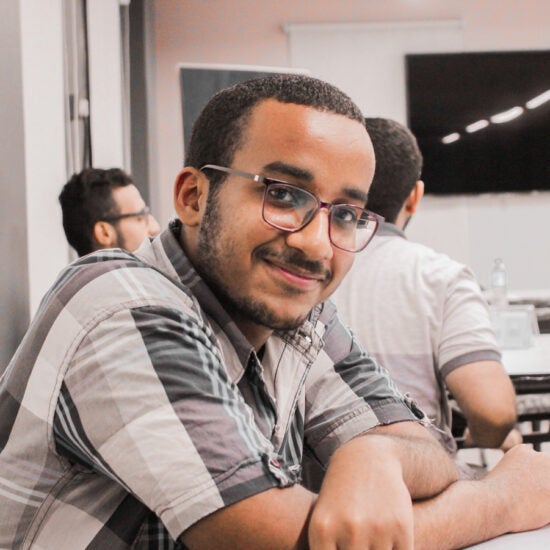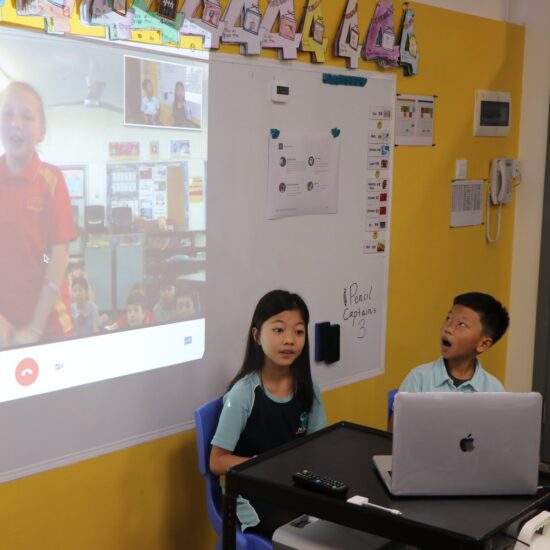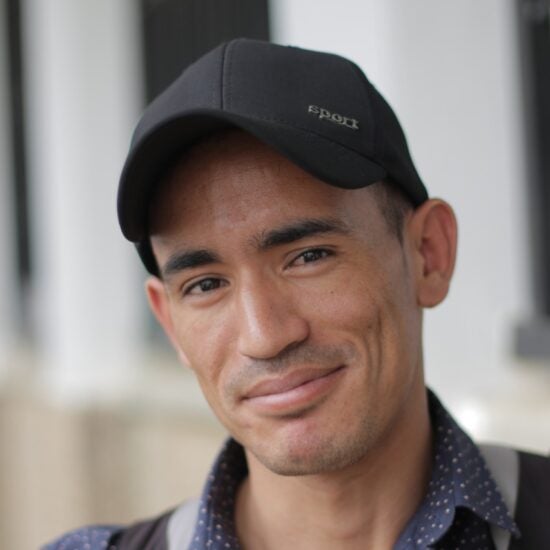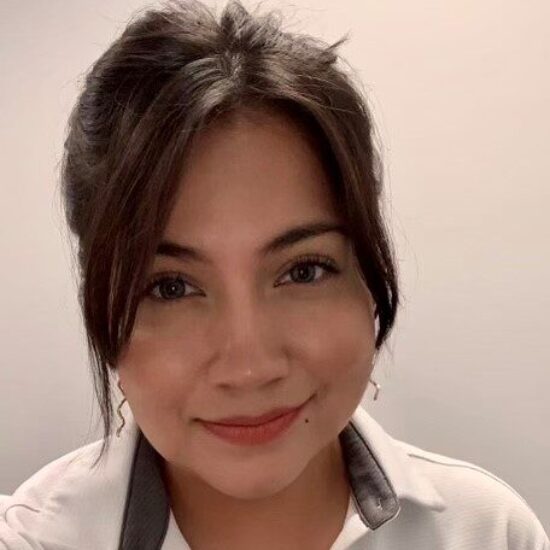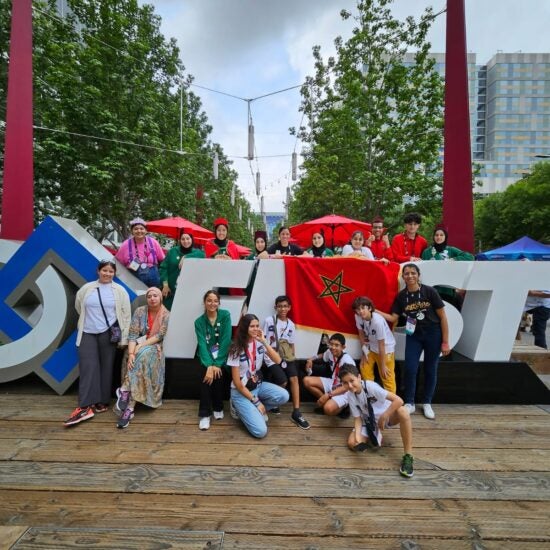For many people, living through the pandemic has demonstrated that life is unpredictable and uncontrollable, but for a group of students in the Middle East and United States, an opportunity to explore ways of better understanding and mitigating the pandemic while learning more about their peers became possible through Hashemite University’s Research, Education and Advocacy for Community Health (REACH) program. Virtual exchange allowed A. and Yousef to learn more about other cultures while also gaining unique insights into public health and technology. Yousef worked with his American peers on addressing the problem of COVID-19 infection and a person’s history of chronic diseases. The work focused on using data mining techniques to help healthcare professionals best explain COVID-19 mortality rates between different countries. A.’s group work focused on understanding the relationship between smoking habits and respiratory failure resulting from COVID-19 infection. The group work of A. and her colleagues centered around understanding the best data science technologies to be used to benefit from the World Bank and other international available global datasets.
Through the REACH program, which brings together college-aged youth in the Middle East and United States for online, face-to-face learning experiences, participants like A. and Yousef met new people from different cultures, giving them the chance to interact with one another and understand others’ perspectives. “I think the moment for me that changed the whole experience of this program was the ability to meet new people. This helped expand my perspective and the way that I looked at things. I was able to see each problem from a new set of eyes. It provided me with the opportunity to explore new international perspectives on current global issues and problems,” said A.
Participants learned about their feelings and perceptions of others through discussion and dialogue. By developing teamwork skills and focusing on diversity, participants understood and felt that humans, while unique, are the same in some aspects of their life experiences. Given these differences and similarities, REACH enabled participants to see for themselves how people from different cultures can still work together. “My biggest fear in being a part of the virtual exchange program was of not being understood by my teammates, which would lead to a huge communication gap between the team and loss of efficiency. The way I think we overcame this problem was by a constant method of communicating our problems and our prospective solutions,” said A.
Virtual exchange programs like REACH that push participants out of their comfort zone have a clear impact. By trying something new, Yousef found that aspects of the program he felt apprehensive towards became some of the most meaningful parts. “One of the biggest fears was culture and time zone diversity, although it turned out to be one of the things I liked most in this program. As for my experience, I’ve noticed a remarkable change in my writings and accent. I also realized how much American students are hardworking people. I advise each student to start attending such programs, it might have more impact than traditional classroom experiences,” said Yousef from Jordan.
Overall, participating in REACH helps young people gain a better understanding of current events that affect people around the world today and will continue to impact future generations. “We know that our generation will be addressing problems that are not only local but also on a global scale that have never been seen before. This virtual exchange of information and culture sets the benchmark and future reference for me to look up to and learn from,” said A.
If you are interested in bringing this program to your institution, complete this form.

